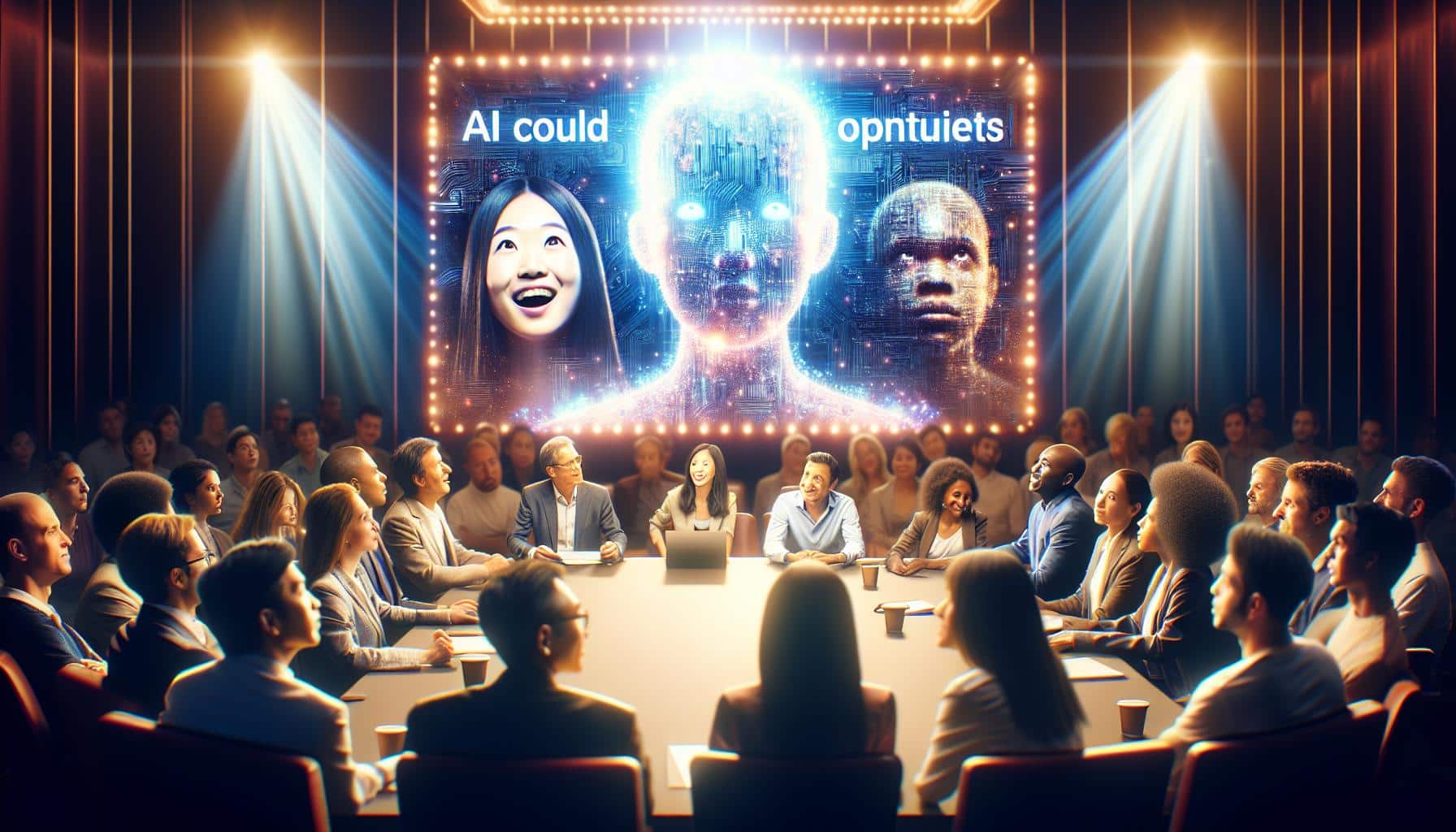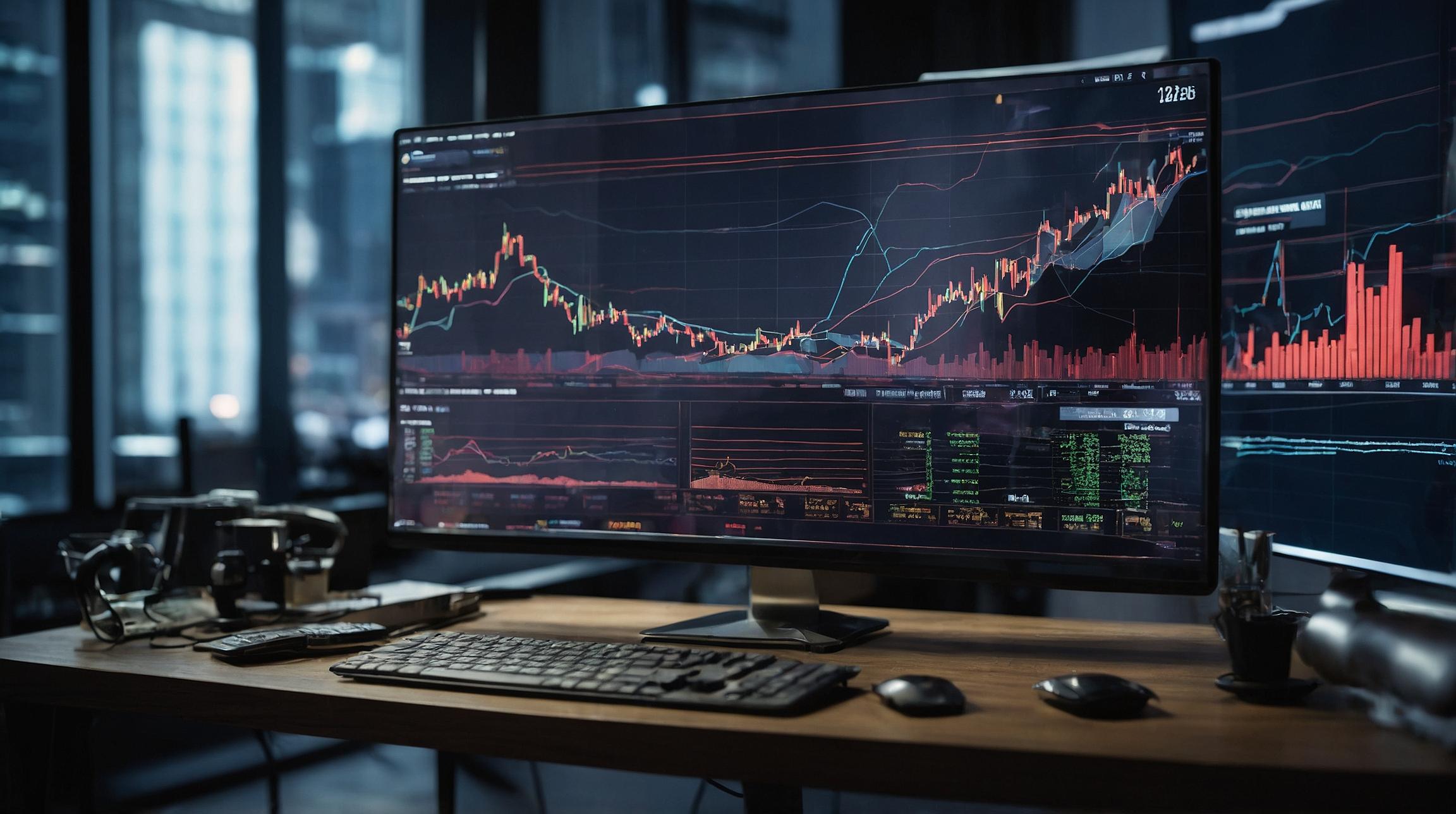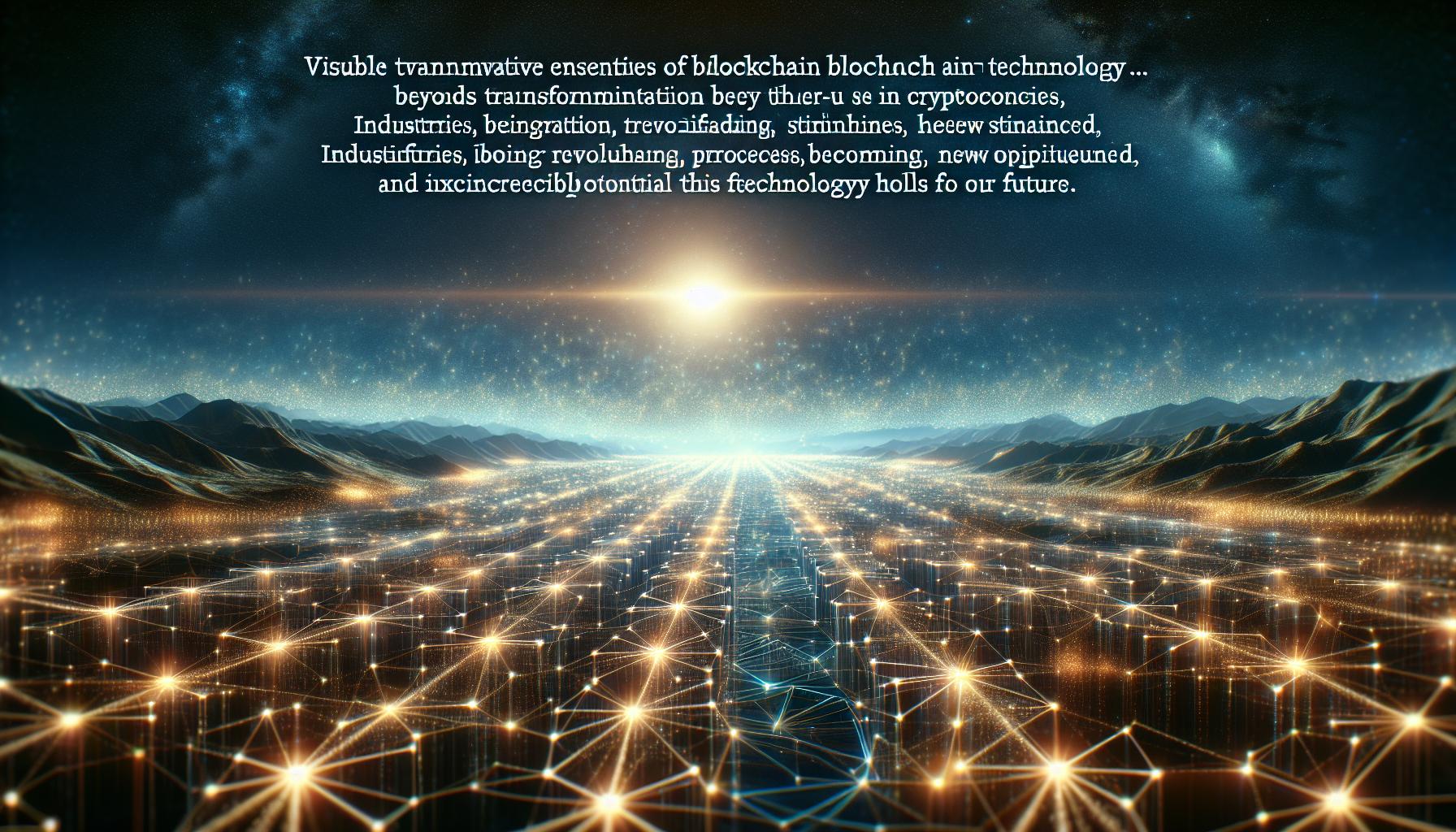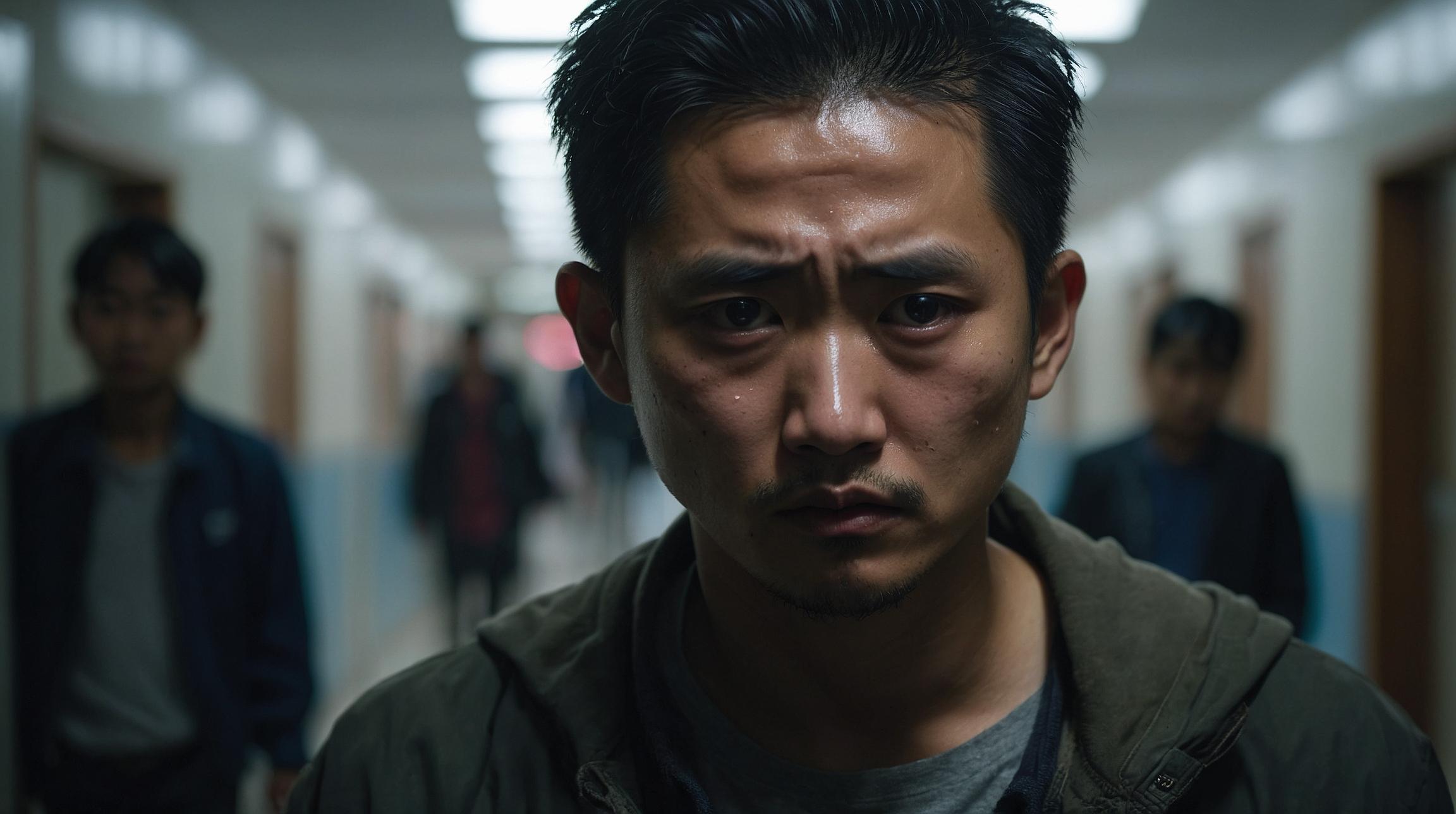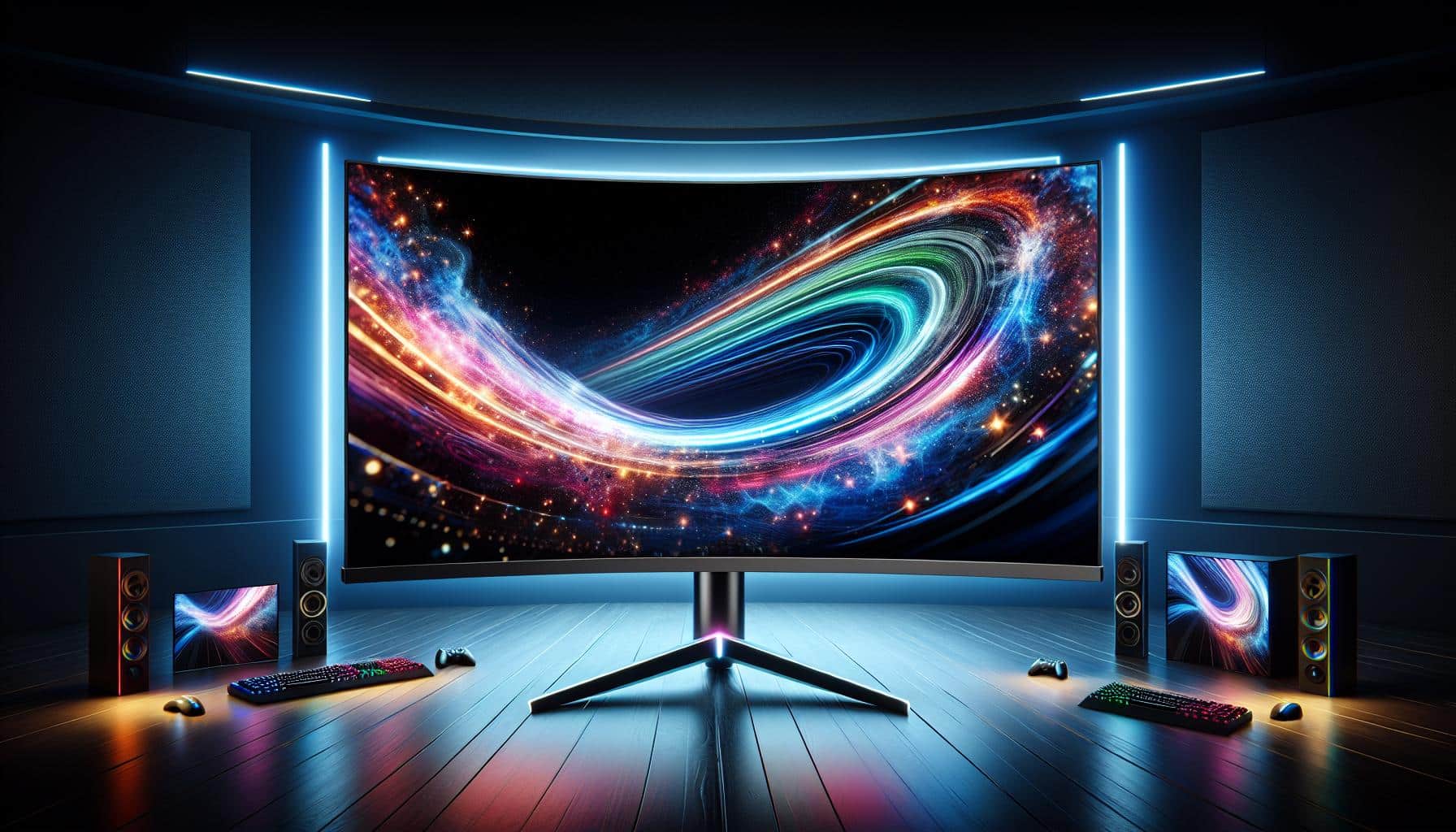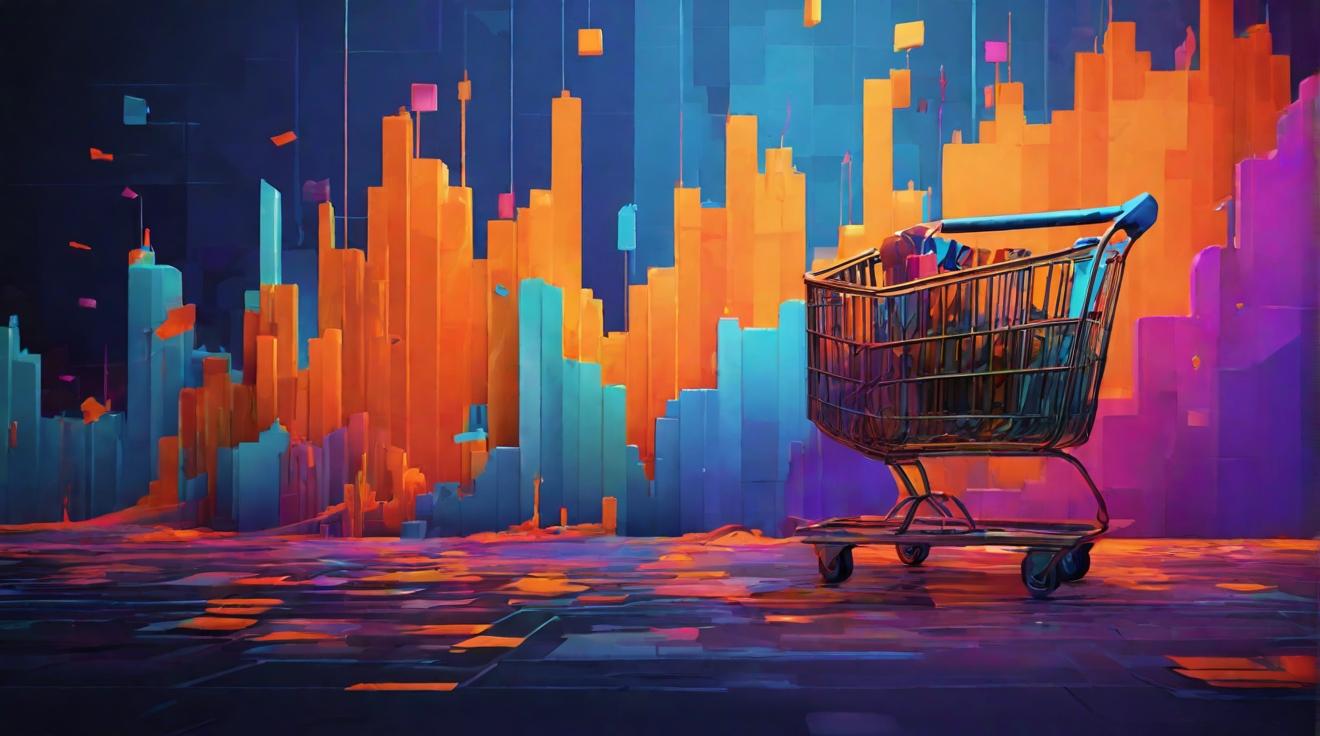Hollywood Executives Weigh in on the Future of AI in Entertainment
As Hollywood enters a new year, executives are grappling with the future of artificial intelligence (AI) in entertainment. The specter of writers and actors strikes in the past adds urgency to the topic. In a recent roundtable interview with the Los Angeles Times, industry leaders shared their concerns and thoughts about the impact of AI technology in Hollywood.
Jonathan Glickman, the founder and CEO of Panoramic Media Co., expressed skepticism about AI’s immediate influence on the writing process. He believes that the current quality of AI-generated content is far below audience expectations, making it unlikely to pose a threat to human creativity in the near future.
However, Glickman noted that certain technical and creative roles, particularly those “between the lines,” may be vulnerable. He pointed out that AI tools like ChatGPT can now instantly produce script coverage, synopsis, and comments that were previously the purview of up-and-coming analysts. This could potentially diminish learning opportunities for aspiring talent.
Sam Register, the president of Warner Bros Animation and Cartoon Network Studios, echoed this concern, emphasizing the importance of safeguarding artists and their craft. He noted that while AI has yet to match the visual capabilities of human artists, protecting entry-level jobs and granting opportunities for young talent is essential for the future of animation.
Concerns Arise About AI’s Impact on Behind-the-Scenes Jobs in Entertainment
While the impact on creative roles is a primary concern, the influence of AI technology on behind-the-scenes jobs cannot be overlooked. Jonathan Glickman specifically highlighted the potential consequences for jobs involving the analysis of material. The ability to use AI tools like ChatGPT to quickly generate script coverage raises concerns about a diminished need for entry-level individuals to analyze and evaluate scripts.
This sentiment was mirrored by other industry leaders. Chris Hart, a partner and co-head of talent at United Talent Agency, emphasized the need to protect artists in various roles, from story editors to famous actors and writers. The sentiment was echoed by Nicole Brown, president of TriStar Pictures, who stressed the importance of human perspective, vision, and experience in storytelling.
Protecting Artists and the Art Form: Executives Discuss the Role of AI in Animation
Sam Register, as the president of Warner Bros Animation and Cartoon Network Studios, is particularly invested in protecting the art form of animation. He asserted that animation is a visual medium, and AI has yet to match the unique capabilities and creativity of human artists. Register is determined to provide jobs to artists, allowing them to gain the necessary experience and contribute their craft to the industry.
He stated that the safeguarding of entry-level opportunities will ensure that animation remains an art form driven by human talent rather than outsourced to AI tools.
Human Perspective and Vision: Industry Leaders Choose to Work with Human Beings
The heart of entertainment lies in the human experience, perspective, and vision. Nicole Brown, president of TriStar Pictures, emphasized the significance of these aspects in movies. She expressed her desire to collaborate with human beings when it comes to building content.
Chris Hart, partner and co-head of talent at United Talent Agency, echoed her sentiments. As an(agent representing artists, Hart prioritizes the importance of finding and working with people who contribute their unique creative abilities to the industry. The human touch in storytelling, acting, and collaboration is a fundamental aspect of the entertainment world that cannot be replicated by AI.
Mixed Opinions on AI in Hollywood: Embracing the Future or Expressing Concerns
While some industry leaders are concerned about the potential impact of AI in Hollywood, others view it with optimism. Howie Mandel, an “America’s Got Talent” judge, embraces the possibilities AI offers. He expressed enthusiasm for using AI in his office to enhance his capabilities and work more efficiently. Mandel believes that as long as artists can own and profit from their material, there is no issue with integrating AI technology into the entertainment industry.
Jack Black shares this sense of optimism, stating that the future of AI is yet to be determined. Black hopes that AI will serve as a tool to improve the industry and enhance the creative abilities of artists and filmmakers.
On the other hand, Justine Bateman, former “Family Ties” actress and accredited director, adamantly opposes using AI in Hollywood. She believes that AI should focus on solving human problems rather than replacing talented individuals in creative roles. Bateman argues that there is no shortage of writers, actors, or directors and that AI has no place in the arts.
As the debate continues, industry leaders are aware of the potential disruption AI could bring and the necessity of open communication to mitigate its negative effects. The agreements made during the 2023 strikes between studios, actors, and writers, which included provisions for protecting content and likenesses, serve as a blueprint for future negotiations. Hollywood hopes to navigate this disruptive period and strike a balance between embracing the possibilities of AI while preserving the creativity and talent of human beings in the entertainment industry.
Analyst comment
Neutral news: Hollywood Executives Weigh in on the Future of AI in Entertainment
As an analyst, the market is likely to see a cautious approach to AI adoption in the entertainment industry. Executives express concerns about job displacement and the impact on creativity. However, there are also optimistic views on using AI as a tool to enhance efficiency and improve the industry. Open communication and negotiations will play a crucial role in finding a balance between embracing AI and preserving human creativity.





